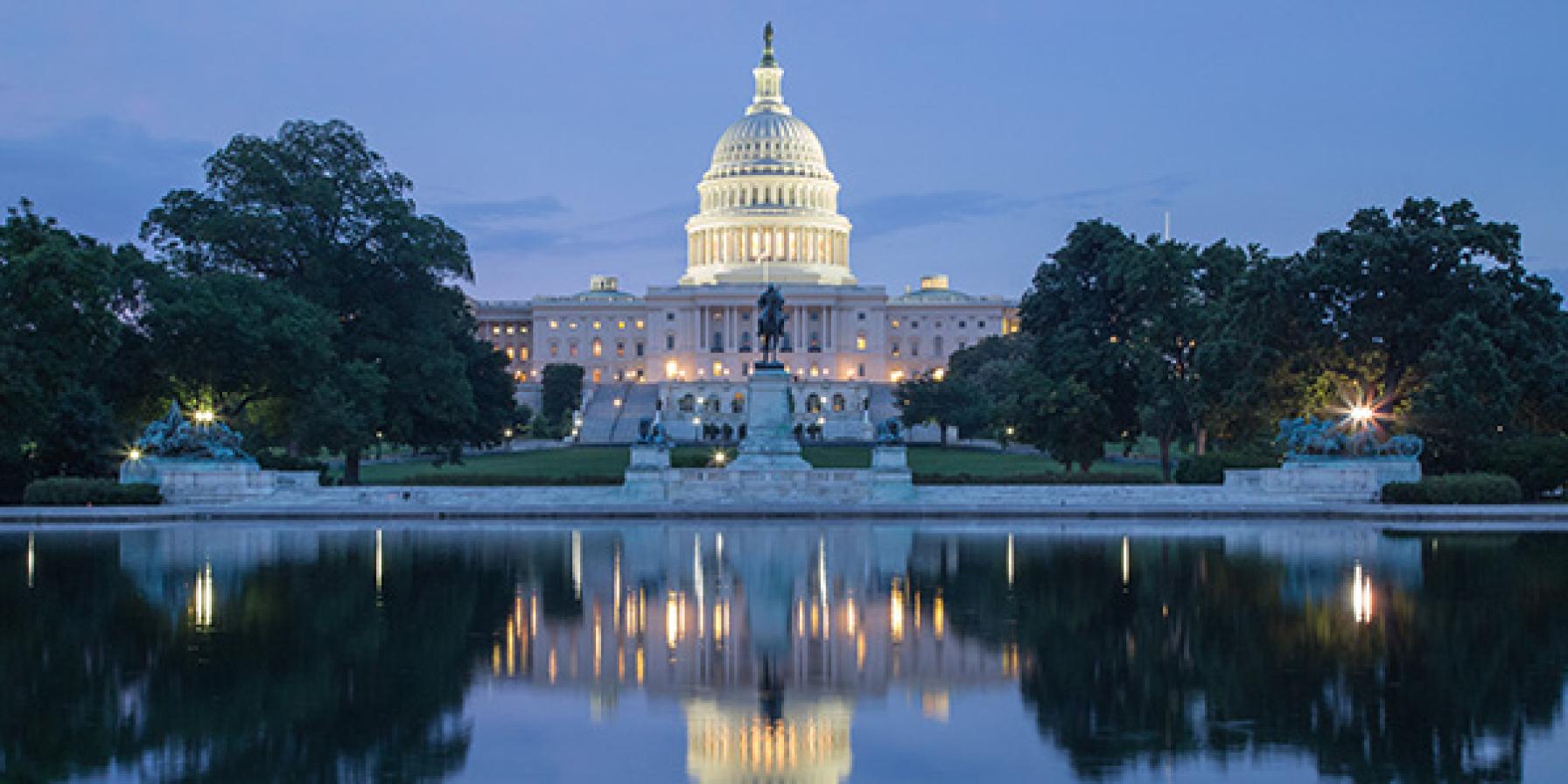- Home
- IBTTA Insights
- Reauthorization Testimony Prompts Congress to Address Funding, Regulation
Stories
Reauthorization Testimony Prompts Congress to Address Funding, Regulation


With reauthorization of the Fixing America’s Surface Transportation (FAST) Act on the Congressional agenda, a Cornell University policy expert is calling on legislators to fix the highway system by shoring up its funding and optimizing its operation.
“We don’t need another interstate highway system,” Rick Geddes, founding director of the Cornell Program in Infrastructure Policy, told the House Budget Committee September 25. “We need to take care of the one that we have.”
Doing that will mean addressing a menu of funding, regulatory, management, and technology challenges that are familiar to IBTTA members, but are gaining more frequent attention as the reauthorization process unfolds on Capitol Hill. Geddes stressed that until Congress acts, other levels of government will try to address those problems as best they can.
“The main challenge the United States faces today is inadequate funding,” he stressed. “Declining revenue from the federal gas and diesel tax is devolving responsibility for funding to state and local governments by default.”
The $2-Trillion Challenge
Geddes took legislators through the standard data points in the infrastructure renewal debate—the D+ grade point average the nation’s infrastructure received from the American Society of Civil Engineers in its 2017 Infrastructure Report Card, the $2-trillion that would be needed to restore those systems over the next decade, and the accumulating failure of a federal gas tax that has not increased since 1993.
And now, “outdated policies and new technologies are putting strains on the state and local governments that actually own and maintain the highway system,” Cornell University writes, citing Geddes’ testimony, while “creating inequities between poor and wealthier drivers”.
Geddes pointed to Vehicle Miles Traveled (VMT) charging as an alternative to the gas tax that “divorces the use of the road from the fuel the vehicle uses”. He also presented the Budget Committee with a menu of issues and options to consider through the reauthorization process, including:
- Encouraging more public-private partnerships (P3s) by lifting the $15-billion cap on tax-exempt private activity bonds for public-use infrastructure projects;
- Encouraging innovative state and local management practices, to get more value out of existing infrastructure;
- Introducing incentives to accelerate adoption of new technologies;
- Streamlining federal environmental permitting for major infrastructure projects to ensure that decisions are made within two years. “Either permit the project or don’t, and have a target,” he said. “It’s deplorable how slow the United States is to get big, important projects delivered, even small projects.”

Joining IBTTA connects you to a global community of transportation professionals, offering unmatched opportunities for networking, knowledge-sharing, and collaborative innovation in the tolling and transportation sector.
Follow IBTTA on social media for real-time updates on transportation trends and collaborative opportunities.





